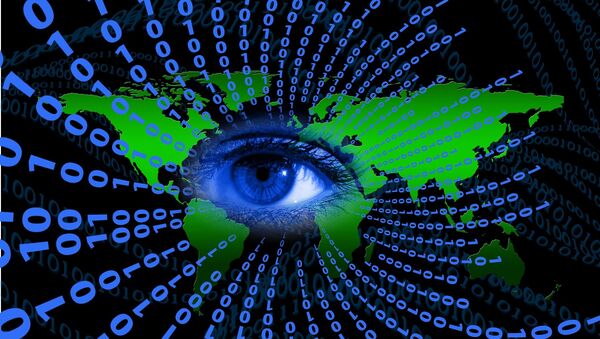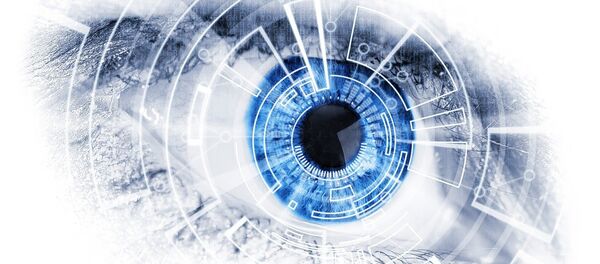The European Parliament's Committee on Civil Liberties, Justice and Home Affairs has proposed a change to the EU's charter of fundamental rights that would extend privacy rights to all technological mediums and enforce end-to end encryption on all forms of digital communications.
The legislation would prevent government or other hackers from "backdooring" or bypassing encryption to gain access to personal data.
Aral Balkan, a computer programmer and cyborg rights activist who is a member of the DiEM25 Advisory Panel working on drafting a progressive tech policy for Europe, told Radio Sputnik that the EU's draft is a "great proposal."
"There are a lot of forces that don't want to see this happen, for example Amber Rudd (Home Secretary) in the UK had asked for the rights to ban encryption, which is ridiculous of course. It's like banning mathematics. There are a lot of governments that want access to our communications so it's going to be an uphill battle."
"We need regulations to protect human rights, to protect our freedoms, to protect individual sovereignty. Right now, it's not just governments; the fundamental business model of the internet and of corporations like Google, Facebook etc., is to know everything about us. So, we're already being spied on and surveilled by corporations and we're not regulating that in any way."
"In terms of extremism and combating extremism, the only thing that really works is traditional policing. Mass surveillance, which is what for example Theresa May and Amber Rudd want, doesn't work. If you're looking for a needle, you don't want a bigger haystack."
Balkan described the current state of the internet as a "Panopticon," a kind of institution designed by the philosopher Jeremy Bentham. The circular building is designed so that all inmates may be under surveillance by a watchman at any time, which Bentham thought would lead them to better control their behavior.
"If we continue down the path that we're walking right now, especially with the web, we've created a Panopticon based on these corporations, Facebook etc. knowing everything about us and then this information being made available to governments."
"If we can fundamentally alter the topology, the design of the internet, to make it private by default, then it has the potential to be a beautiful thing that inspires our species to reach and exceed our potential."
"In its current state, it's heading towards being a Panopticon and I think that's very dangerous, that has chilling effects on human rights and democracy."



